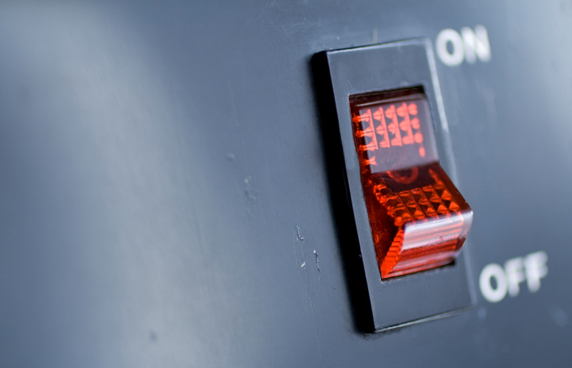Energy: Storm Response Dominates Session

If not for two gigantic storms that hit the Northeast last year, the 2012 session might have looked very different in the realm of energy legislation. Crafting a response to those storms dominated energy matters at the Capitol.
There were, in fact, many other energy-related proposals that could have benefitted Connecticut’s current and future economy. But as has been the case in recent years, there is a vast range of opinions in the legislature about what defines good energy policy.
Storm Response
The final version of the storm response bill (SB 23) turned out to be a thoughtful and reasonable measure. It focuses on practical, achievable goals and includes stringent accountability provisions.
The heart of the bill requires the Public Utilities Regulatory Authority (PURA) to conduct public proceedings to establish industry-specific standards for acceptable performance by public service companies. For electric distribution and gas companies, the standards must include:
- Minimum staffing and equipment levels
- Restoration of service
- Communications with customers
- Safety standards for employees, mutual aid crews, and private contractors
- Mutual storm aid agreements
- Coordination protocols with state, municipal, and emergency operation center officials
- Tree trimming
PURA also gets the authority to enforce the standards and levy civil penalties for failure to meet them. Penalties would be assessed in the form of a credit to ratepayers and could not be the basis for any ratemaking applications before PURA.
The bill also:
- Requires a separate proceeding to establish standards for telephone, telecommunications, television, cable, and video service and franchise authorities
- Requires DEEP to establish a grant and loan program of up to $15 million to support the creation of microgrids to act as “energy islands” when the main grid is down, by using distributed generation sources to maintain power at critical facilities
- Changes current requirements for emergency service restoration plans, requires some public utility providers to assign representatives as liaisons with emergency operation centers, and reports from cell phone service providers on backup generation capacity.
- Requires PURA to study the feasibility of creating a program to reimburse residential electric company customers for the loss of refrigerated food and medications caused by electricity outages over 48 hours.
- Includes provisions for streamlined environmental authorizations from DEEP for certain emergency activities, and requires DOT and any municipality to notify PURA when opportunities arise that might lend themselves to installing, replacing, upgrading, or burying any of their various infrastructure lines.
Other bills that passed
The primary focus of HB 5271 is to prohibit approval by the Connecticut Siting Council for locating telecommunications towers within 250 feet of a school or child day care center unless a municipality’s chief elected official approves the location or the council determines that the tower “will not have a substantial adverse effect on the aesthetics or scenic quality of the neighborhood” in which the school or day care center is located.
It requires telecommunications tower developers to begin consulting with potentially affected municipalities earlier–90, rather than 60, days before applying to the Siting Council for a certificate approving the tower's location. And it expands the scope of the consultation.
HB 5271 also provides the council more flexibility with some of its deadlines and expands the factors the council must consider when approving cable TV or telecommunications towers and equipment.
Another significant feature of the bill is that it adds neighborhood concerns and aesthetics to the list of factors the council must consider when reviewing certain applications.
Finally, HB 5543 requires PURA to conduct an examination of the current procedures associated with creating and expanding municipal electric utilities. PURA must submit a report to the legislature’s Energy and Technology Committee by next January describing those procedures along with “any statutory changes necessary to enable a municipality to implement or initiate such procedures.”
Didn’t make the cut
Among the many bills that failed to pass were measures contained in SB 415 that would have established a program to provide businesses with upfront funding for energy efficiency investments that would be paid back through a property tax assessment in an amount less than the savings achieved through the investment.
Another bill, SB 450, required the state to take further action to ensure future demand for natural gas will be met.
Other proposals that failed this year include HB 5385, which would have required onerous and public reporting of energy efficiency ratings for existing buildings; and HB 5542 called for punitive penalties on utility workers and companies in the event of future major storms that cause power outages.
It’s encouraging that some of the positive measures that didn’t achieve legislative approval still can be advanced at the administrative level and CBIA will continue to work with various state agencies to move these measures forward.
RELATED
EXPLORE BY CATEGORY
Stay Connected with CBIA News Digests
The latest news and information delivered directly to your inbox.


